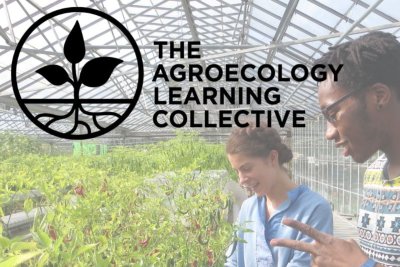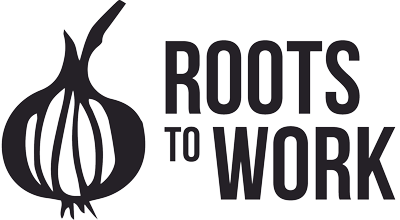
The Agroecology Learning Collective (TALC) has been created by a network from The Landworkers Alliance, the Sustainable Food Trust, The Real Farming Trust, The Apricot Centre, Organic Research Centre, Agricology, Black Mountain College and Sustain: the alliance for better food and farming.
The network has created an online platform to share regional, national and international links between teachers and learners, stimulate the development of new courses and promote agroecology as a career.
Why agroecology?
The UK farming and food system is not currently sustainable. Our dominant systems are depletive, damaging to the natural and cultural environment, and are harmful to human health.
Agroecology uses a holistic approach in farming to form the foundations of a healthy food system. It is a science and a social movement. It involves understanding and integrating agricultural science, ecological processes and small-scale and indigenous farming knowledge in the planning and management of an agricultural and food production system. Agroecology intends to create a positive link between humans and their environment while also addressing the need for socially equitable food systems.
An agroecological and regenerative farming future is needed and it should deliver affordable healthy food for all. It should provide rewarding work for farmers and growers, big and small, and help build a thriving rural economy.
Why does the sector need an agroecological learning platform?
As explored in our careers in sustainable food and farming resource, this sector is vast and, at times, complex. Defining agroecological learning can help guide people that are interested in either establishing a career or pivoting their current practice to more regenerative practices.
Many education courses such as degrees in agriculture and horticulture often do not focus on smaller-scale, regenerative practices or cover much in the way of climate education. Given the challenges that the food production sector faces there needs to be a greater level of awareness of these issues as the jobs market grows.
Rachel Phillips, Director and education manager at the Apricot Centre, said
“During this time of rapid transitions in farming towards agroecological and regenerative systems, there is a crucial need for training and knowledge sharing opportunities.”
By bringing together opportunities in one place, TALC hopes to demonstrate a need for more investment in this area which in turn will attract more learners to the sector, as well as providing a space for current farmers and producers to learn more about regenerative practices and be able to adapt their livelihoods accordingly.
Will White, Sustainable Farming Coordinator at Sustain said:
'As we face the critical challenge of transforming our food and farming systems, the launch of The Agroecology Learning Collective (TALC) is a crucial new initiative. Many farmers are eager to transition to regenerative practices but are currently unaware of the available support. TALC fills this critical gap, ensuring that knowledge and opportunities are accessible to all. By creating a centralised access point for diverse learning resources, TALC makes it easier for farmers and new entrants to equip themselves with the skills needed to start implementing agroecological practices'
TALC has evolved through exploring the current barriers and opportunities in agroecological training which includes the current disconnection between courses and learning and the challenge of getting information to interested people. TALC aims to be key to building connections through providing a central knowledge platform for agroecological training and be the go-to place for information on agroecology learning opportunities to support a resilient transition to a regenerative farming future.
The platform can be accessed by anyone with providers of agroecological education or knowledge able to promote opportunities on the platform, as well as learners able to search for opportunities and information.
Access the directory by visiting https://agroecologylearning.org.uk.



